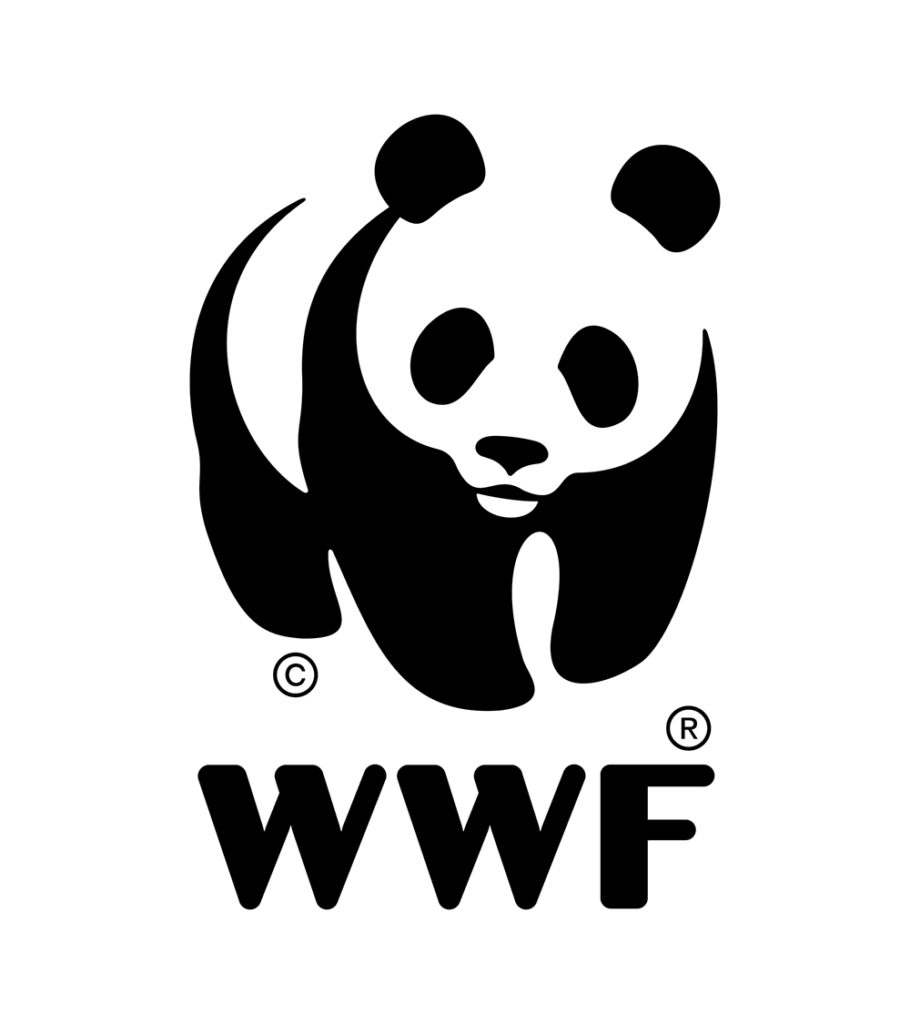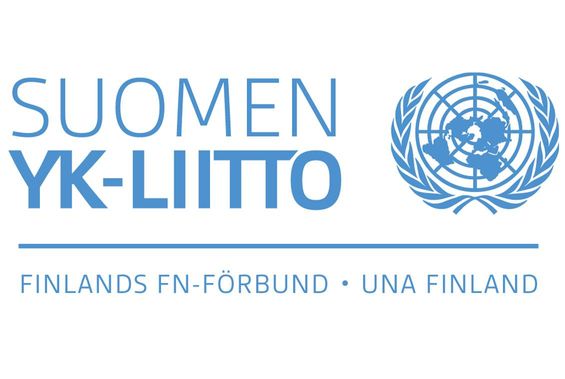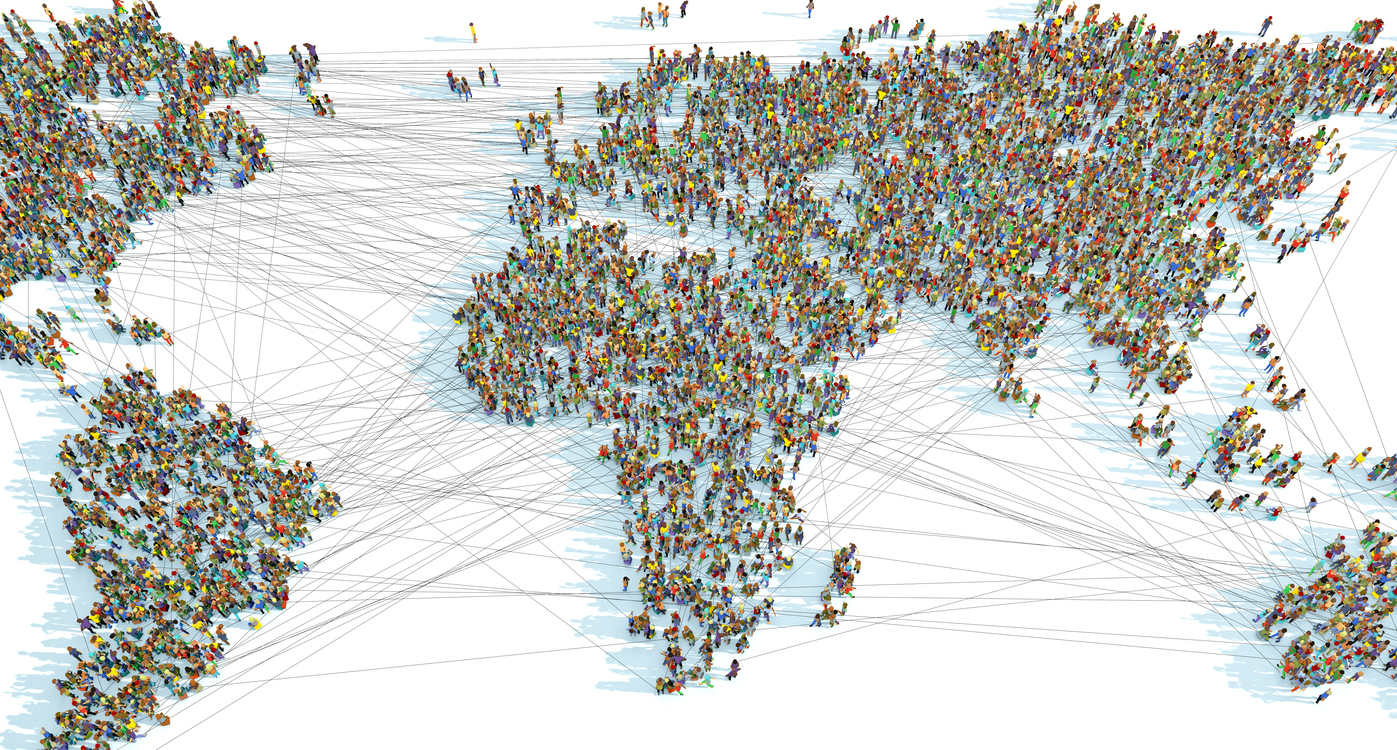My name is Rilli Lappalainen, one of three civil society representatives in Finnish delegation. The CSOs are Finnish UN association, WWF Finland and Finnish Development NGOs Fingo.
Although the Government bears the main responsibility for implementing the 2030 Agenda, achieving the goals is not possible without the contribution and participation of the whole society. That has been the way of working in Finland for decades.
But just cooperating with others is not enough. We cannot make sustainable transformation a reality by solving individual sustainability problems one by one. We need to adopt a holistic view and perform structural changes.
That is why the National Commission’s new strategy roadmap for the 2030 Agenda has a systemic approach to tackle Finland’s sustainability challenges.
The strategy is based on the principle that the activities of society are sustainable when they safeguard people’s present and future wellbeing. It takes into account the planetary boundaries. Activities in society must seek to ensure a safe and stable operating environment, reduce conflicts in society and continuously reinforce social cohesion.
The strategy identifies six key transformations: Economy and work promoting wellbeing and sustainable consumption; Education, competence and sustainable lifestyles; Wellbeing, health and social inclusion; Food system promoting wellbeing; Forest, water and land use promoting biodiversity and carbon neutrality and Sustainable energy systems.
The strategy also outlines the measures Finland is taking to support the achievement of SDGs in other parts of the world. In addition to ODA, the strategy also takes into account the impact of the use of natural resources outside the borders of Finland and aims at limiting Finland’s negative environmental footprint.
To speed up progress, we need to focus on the following transformative actions, which were identified among the biggest challenges for Finland:
- Violence against women is still one of Finland’s most extensive human rights issue. Therefore we need to implement the Istanbul Convention in full, with gendered and intersectional approach, as stated in the second National Action Plan for 2022-2025.
- Finland must continue the implementation of its international commitment to address climate change and biodiversity loss. We need to make transformations throughout our economic structure and include the need to change in our production and consumption habits.
- We need a whole-of-society approach, but we also need to be bolder and faster to make this change happen. We are happy to see many Finnish companies taking climate actions as part of their business. A growing number of businesses is also looking for so-called Nature Positive investment opportunities. We have science and NGOs supporting this movement, but rapid action is also required from politicians.
- As NGOs, we think that the government needs to keep its promise of increased funding for development cooperation and sustainable development for global equity and deliver the promise not to leave anyone behind.
Liisa Rohweder, Secretary General, WWF Finland
Jenni Kauppila, Advocacy Work Officer, Finnish UN association
Rilli Lappalainen, Director of Sustainable Development, Finnish Development NGOs Fingo



